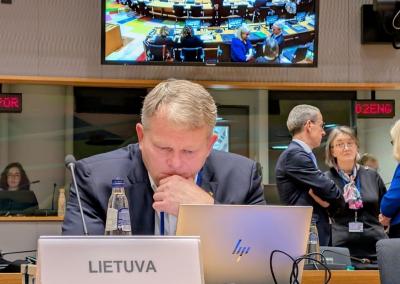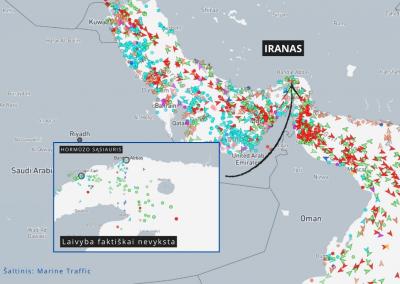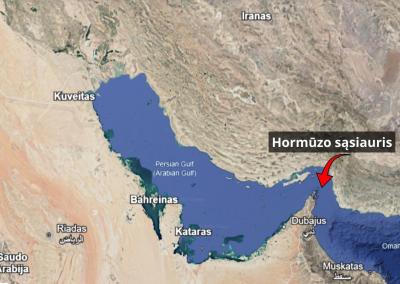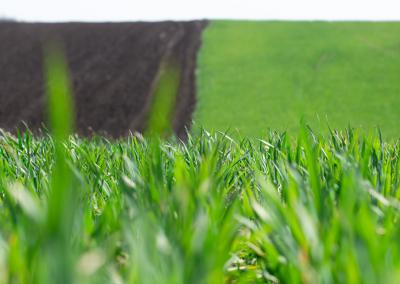EU launches the Roadmap for Nature Credit
The European Commission has published the Nature Credit Roadmap, a strategic document that sets out how it will develop a credible, transparent and science-based framework to stimulate private investment in nature conservation and restoration. This initiative is a tool to protect and restore biodiversity, reduce climate risks and at the same time promote sustainable economic development across the European Union.
The Roadmap for Nature Credits foresees the active involvement of experts to contribute to proposals for a possible stand-alone or integrated EU certification scheme for nature credits. On the basis of the consultation and expert input, the European Commission will assess progress in this area in 2027 and consider further steps to develop markets for natural credit. The full roadmap is available here.
Nature credits – are certified units that reflect a positive impact on nature. The creation of an EU nature credit scheme could allow them to be issued for specific nature-friendly actions, such as restored wetlands, conserved forests or improved habitats. These actions could be carried out by farmers, foresters, other landowners, fishermen, communities or other nature users who make complementary efforts that go beyond what is required by environmental legislation.
These actions should be assessed and certified by independent organisations against clear, science-based criteria. Reliable certification would ensure that nature credits reflect real and tangible benefits for nature. Credits could be purchased by companies, financial institutions, the public sector or citizens seeking to contribute to nature restoration or to reduce their environmental footprint.
If such a certification scheme for nature credits were to be developed, it could be similar to the European Union's already approved certification scheme for carbon sequestration, which was approved by a Regulation adopted last year, and which provides for the long-term absorption of carbon dioxide, the sequestration of carbon in farming and the storage of carbon in products. The latter opens up new opportunities for credible and transparent emission reductions in a wide range of sectors.With as much as three quarters of euro area businesses directly dependent on nature, nature credits are becoming an innovative tool to change the way we look at nature. As current investment in biodiversity protection is insufficient, the EU has pledged to allocate 10% of its budget to biodiversity by 2026-2027, doubling support for biodiversity outside the EU to €7 billion. Biodiversity investment is estimated to cost €65 billion annually. For this reason, a combination of public and private funding will be essential to effectively deliver significant results. Nature credits could make an important contribution to increasing the latter.
The Roadmap also foresees the establishment of a robust management system covering the recording, transfer, monitoring and accountability for underperformance of credits. Transparent and reliable standards and methodologies should be developed, and the potential of the market for nature-based credits will be assessed, as well as incentives for small-scale players such as farmers, fishermen, foresters and small enterprises.
The document highlights the role of pilot projects – these are already underway in Estonia, France and Peru, as well as cooperation with international partners.
All interested parties are invited to give their views on the Roadmap through a public consultation until 30 September 2025. The European Commission also invites you to monitor the ongoing pilot projects on nature credits and to look for opportunities to get involved at national or regional level.
Information from the Ministry of Environment













































































































